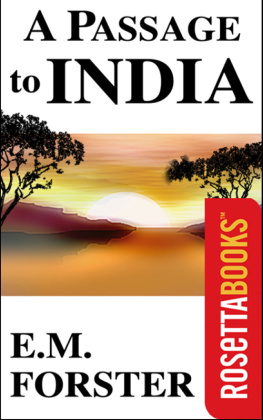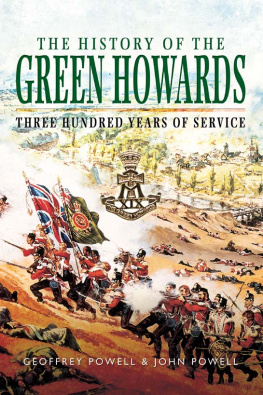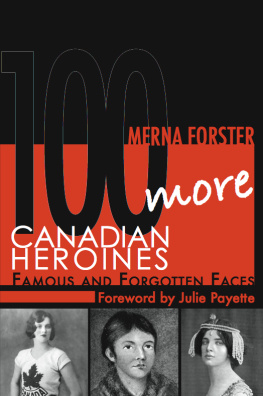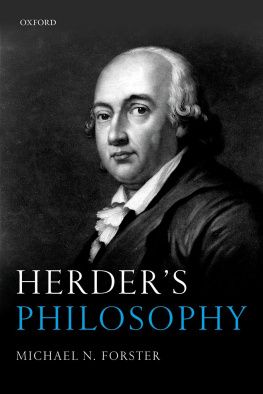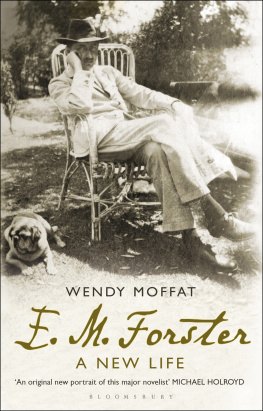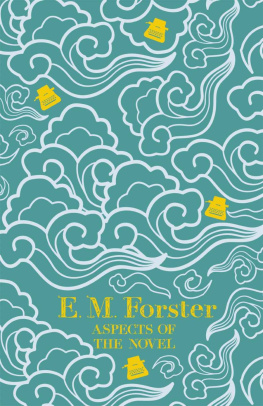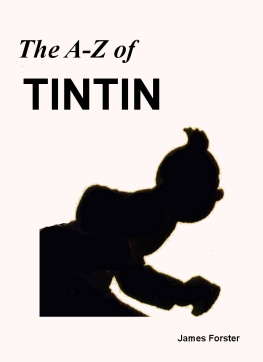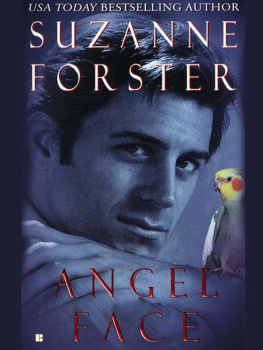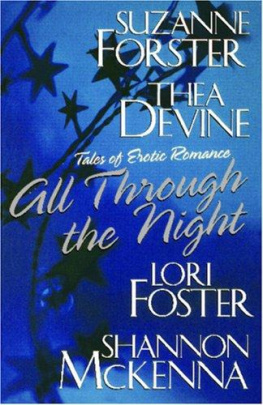E.M. Forster - Howards End
Here you can read online E.M. Forster - Howards End full text of the book (entire story) in english for free. Download pdf and epub, get meaning, cover and reviews about this ebook. year: 1985, publisher: Bantam Classics, genre: Art. Description of the work, (preface) as well as reviews are available. Best literature library LitArk.com created for fans of good reading and offers a wide selection of genres:
Romance novel
Science fiction
Adventure
Detective
Science
History
Home and family
Prose
Art
Politics
Computer
Non-fiction
Religion
Business
Children
Humor
Choose a favorite category and find really read worthwhile books. Enjoy immersion in the world of imagination, feel the emotions of the characters or learn something new for yourself, make an fascinating discovery.

- Book:Howards End
- Author:
- Publisher:Bantam Classics
- Genre:
- Year:1985
- Rating:3 / 5
- Favourites:Add to favourites
- Your mark:
- 60
- 1
- 2
- 3
- 4
- 5
Howards End: summary, description and annotation
We offer to read an annotation, description, summary or preface (depends on what the author of the book "Howards End" wrote himself). If you haven't found the necessary information about the book — write in the comments, we will try to find it.
Howards End — read online for free the complete book (whole text) full work
Below is the text of the book, divided by pages. System saving the place of the last page read, allows you to conveniently read the book "Howards End" online for free, without having to search again every time where you left off. Put a bookmark, and you can go to the page where you finished reading at any time.
Font size:
Interval:
Bookmark:
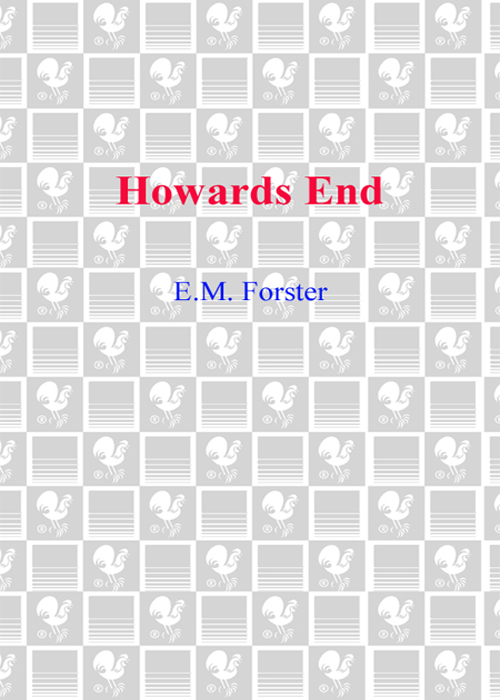
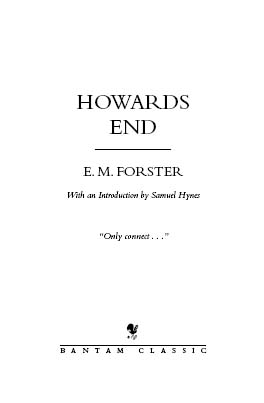
E. M. FORSTER:
THE LAST ENGLISHMAN
T O ME, D. H. Lawrence once wrote to Forster, you are the last Englishman. Last seems a bit extravagant perhaps, but one can see, reading Howards End, what Lawrence meant. It is not simply that Forster wrote in the English tradition of Jane Austen and George Eliot, nor that he set his novel in England and populated it with English characters. It is rather that in his novels, and in this one in particular, he wrote about his country with a mixture of love and nostalgia, creating a Myth of England as the last Englishman might conceive it.
Take, as an example, the beginning of . Forsters narrator is on the Purbeck Hills, pointing out the beauties of England for the benefit of foreigners. And as he points, his voice rises in a hymn of praise for the country that he sees below him:
How many villages appear in this view! How many castles! How many churches, vanished or triumphant! How many ships, railways, and roads! What incredible variety of men working beneath that lucent sky to what final end! The reason fails, like a wave on the Swanage beach; the imagination swells, spreads, and deepens, until it becomes geographic and encircles England.
This England of Forsters myth is a place of great natural beauty, and a nourisher of the imagination. But it is more than thatit is also a source of moral values. Forster makes that clear later in the novel when he writes:
In these English farms, if anywhere, one might see life steadily and see it whole, group in one vision its transitoriness and its eternal youth, connectconnect without bitterness until all men are brothers.
The beauty and moral power of rural England were not new themes when Forster came to themthey had been central to English literature, and especially to English poetry, since the Romantic Movementand if Forster had no more to say about England than that, we might dismiss his novel as simply a case of late Romantic nostalgia. But there is another kind of English scene in Forsters myth. If you read back a few lines from the first passage that I quoted, you will find Forster writing:
Nor is Suburbia absent. Bournemouths ignoble coast cowers to the right, heralding the pine-trees that mean, for all their beauty, red houses and the Stock Exchange, and extend to the gates of London itself.
Suburbia is never absent from Forsters vision: it is there at the beginning of the novel, when Mrs. Munt arrives at the Hilton railway station, and Forster muses: Into which country will it lead, England or Suburbia? and it is there at the end, in the red rust of houses that creeps over the horizon from London toward Howards End.
By England or Suburbia Forster clearly meant something more than simply the opposition between the countryside and the spreading cities: his terms represent two opposed ideas of human existence. England, in this context, means the traditional, stable life of the rural past, life lived on the earth; its primary symbol is the house that gives this novel its title, with its attendant symbolic elements: the sheltering tree over it, the hay in the meadow, its witchlike guardian, Miss Avery, and its presiding spirit, Mrs. Wilcox. Suburbia means the opposite, the modern life of transitoriness and motion, and of commerce (it contains the Stock Exchange); its symbols include all the flats and houses that characters occupy temporarily and then vacate, leaving a little dust and a little money behind, and its ultimate symbol is London, the center from which the suburbs spread. London, Forster tells us, is
but a foretaste of this nomadic civilization which is altering human nature so profoundly, and throws upon personal relations a stress greater than they have ever borne before. Under cosmopolitanism, if it comes, we shall receive no help from the earth.
England, in Forsters myth, is permanence; Suburbia is change. They meet and conflict in his novel, as they did in the world he saw around him. It is clear where Forsters affections layhis book contains no hymn to the English suburbs, or to the Stock Exchangebut Forster was a realist, and he did not deny the power of either force.
It is not surprising, in a novel set in what Forster calls The Age of Property, that this theme of permanence and change should be expressed through the ownership, occupancy, and inheritance of houses, and by the construction and destruction of real property. In the course of the novel one house is destroyed and another is misappropriated. In the suburbs, new houses appear where there were fields, and in London, promontories of flats are built, and swept away, and replaced by higher promontories, bricks and mortar rising and falling with the restlessness of the water in a fountain, as the city receives more and more men upon her soil. And the final, climactic scene of the novel is concerned with establishing the ownership and inheritance of a house.
But Forsters subject is not simply the ownership of property: it is the inheritance of England itself. The chapter that begins with the hymn to England () ends with this Shakespearian flourish:
England was alive, throbbing through all her estuaries, crying for joy through the mouths of all her gulls, and the north wind, with contrary motion, blew stronger against her rising seas. What did it mean? For what end are her fair complexities, her changes of soil, her sinuous coast? Does she belong to those who have moulded her and made her feared by other lands, or to those who have added nothing to her power, but have somehow seen her, seen the whole island at once, lying as a jewel in a silver sea, sailing as a ship of souls, with all the brave worlds fleet accompanying her towards eternity?
The hymn of the last Englishman continues herethe note of praise is, if anything, heightened; but Forster has added an unsettling question in the last sentence: to whom does this England belong?
That is a question that would be asked only in a time of great and troubling change, and certainly Forster lived in such a time. In the century before he wrote Howards End, England had ceased to be a stable agrarian nation and had become an expanding industrial and commercial empire. Great cities had been built, and great fortunes made; the rich had grown more powerful, and the poor more wretched. Who owned this England, so rich and so impoverished? Who was responsible for the sufferings that industrialism had brought? And what was to be done? The Condition of England (to use Carlyles phrase) seemed to many thoughtful Englishmen to be an urgent public issue, and it is not surprising that the theme engaged the imaginations of the greatest Victorian and Edwardian novelists, from Dickens and George Eliot to Bennett and Wells. Howards End belongs to that great English tradition: it is the last Condition-of-England novel.
To say that Howards End is a Condition-of-England novel is to say that it is a historical novelnot in the sense of a costume drama set in the remote past, but in the more interesting sense of a novel that renders the realities of historical forces and historical change at a particular moment in time. England in 1910 was a nation in crisisrich and powerful (the Empire would never again be so vast), but divided, uncertain, and threatened. Edward VII died that year, and his death seemed to mark the end of an era of English prosperity and confidence. There were two national elections, in which crucial issues were debatedtariff reform, German expansionism, womens suffrage, the power of the House of Lords, public support for the unemployedbut neither election produced a clear mandate for either party. It was as though everyone in England knew the questions, but no one knew the answers. Those questions are all present in
Next pageFont size:
Interval:
Bookmark:
Similar books «Howards End»
Look at similar books to Howards End. We have selected literature similar in name and meaning in the hope of providing readers with more options to find new, interesting, not yet read works.
Discussion, reviews of the book Howards End and just readers' own opinions. Leave your comments, write what you think about the work, its meaning or the main characters. Specify what exactly you liked and what you didn't like, and why you think so.

